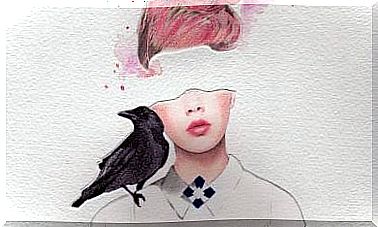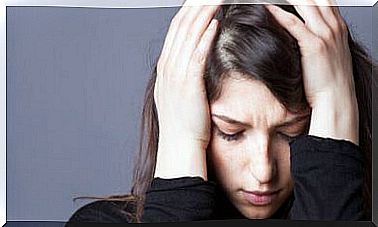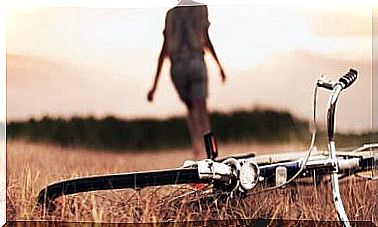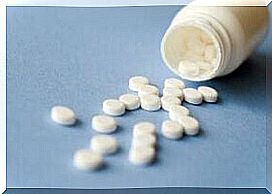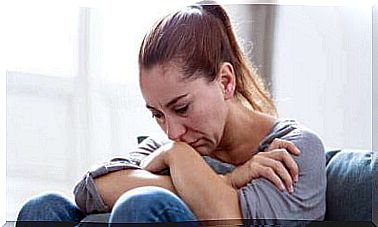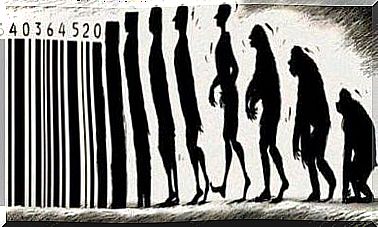Information Obesity: A Reflection Of A Hyperconnected Society
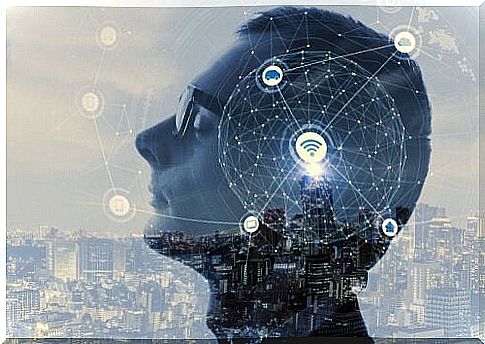
Today’s world gives us the ability to be connected at all times. Thus, every day we receive an enormous amount of information that is totally out of proportion to our real needs. It is when this excess manifests itself that we speak of informative obesity.
It is obviously difficult to digest all the information that comes to us, so that we can fall victim to the hyper-connectivity of today’s society.
Throughout this article, we’ll take a look at what informative obesity is, how to deal with it, and four steps that will help you strike a balance when it comes to exploring the digital world. Let’s start with this thought:
What is informative obesity?
Currently, due to the speed and efficiency of new technologies, we have several sources of information that are constantly at our fingertips. This is why today’s society deserves the name of “information society”.
However, this information is of such depth that it floods every corner of our life, including our psychological dimension. This fact makes informative obesity intimately linked to our mental well-being.
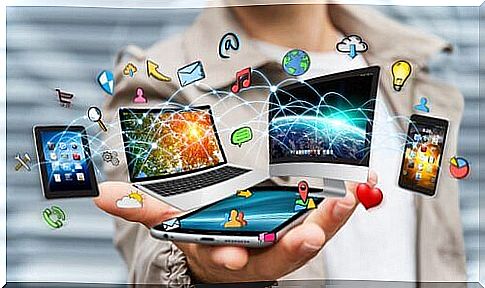
The fight against informative obesity: the digital diet
To have a greater well-being, it is important to face the society .. information. How? ‘Or’ What ? Through a critical and beneficial use of new technologies.
To do this, it is essential to opt for healthy habits. In this way, the avalanche of information we are exposed to can become more manageable:
- Rethink the relationship we have with new technologies. It is about being more aware of our link with the digital world: are we dependent on it? Do we spend most of our time on our smartphone or our computer?
- Knowing how to channel the potential of the digital world. It’s about being more aware of how we process the information we receive.
- Use digital disconnection if necessary. There are times when we can feel really saturated being in the digital world. For this we can take a break, especially if we see that the relationship with this universe becomes dependent.
- Using technology itself to solve information overload. For example, by applying filters to the information that comes to us. In order to do this, we must be aware of what we really want to receive.
To have better well-being, it is good for us to start some kind of digital diet. We can start by installing an information filtering system, so that our center of attention is not bombarded and we have cognitive wear and tear.
In fact, every time we turn on our computers and smartphones, we are enveloped in an ecosystem of disruptive technologies. This is why Javier Serrano-Puche, in his article for the International Journal of Communication , proposes that the attention be paid to the awareness of our consumption of information.
What information is important and consistent with what we really need? What information do we want in our life? What content is more important to us and why? How do we filter the content that comes to us? What sources do we use to inform ourselves?
All of these questions are useful in transforming our relationship with information and with the media that provide it to us. In this way, we can orient ourselves towards what we really need, without leaving ourselves behind and being more responsible.
4 steps to achieve balance in the digital world
The digital diet is putting us back in control of our lives. Thus, we have time for our loved ones and for ourselves, as we leave behind the dependence on the digital world. In order to detach himself from this world or make good use of it, Daniel Sieberg, an executive at Google, suggests:
- To think. This step involves analyzing how technology affects our physical, mental and emotional health.
- Support each other. Take stock of our consumption in the digital world, based on the data collected by our devices.
- Reconnect. It’s about restoring relationships that have been affected or damaged by technology.
- Reinforce. Learn to live with technology in a healthy way.
These four steps are part of a 28 day plan. However, it will depend on each user, because depending on their profession, lifestyle and hobbies, they are going to focus on certain services that technology offers.

So, to put aside informative obesity, it is necessary to make good use of the digital world. To do this, it is important to detoxify ourselves by assessing how much we depend on it and by applying strategies that allow us to assert ourselves according to the time of our life and our personal characteristics.
The problem is not how much information comes in, but how we take it. Therefore, we need to identify what we need and the best way to get it to us, for example, by means of filters.
It is essential that we are very aware of our habits in relation to the digital world and their influence on our mental, emotional, physical and social health.

